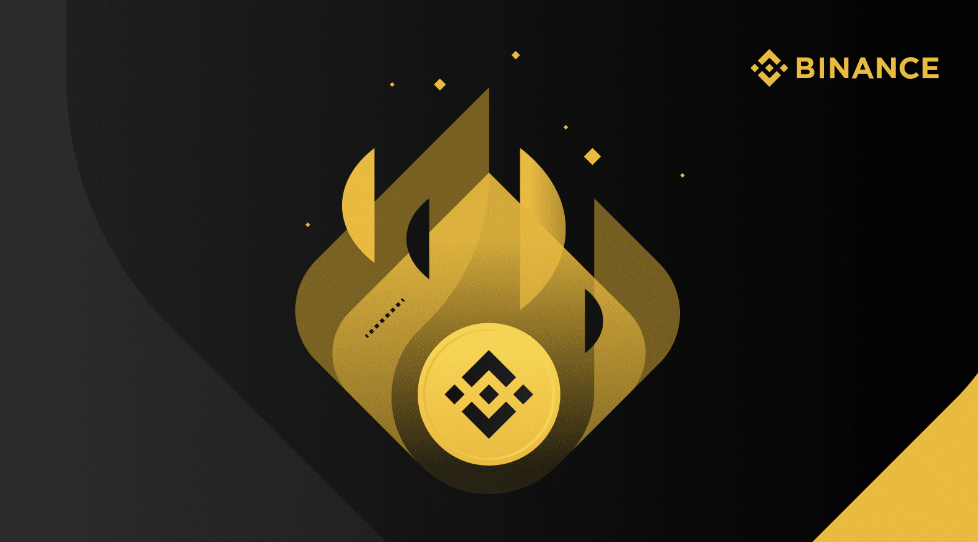Crypto Guide: What is BNB, and What are its Use Cases and Features?

Binance Coin (BNB) is the cryptocurrency coin for the BNB Chain ecosystem. You can trade or use the BNB to pay for fees on the exchange. In this article, we'll cover how the BNB works, its features and use cases, and how it's supporting the world's largest cryptocurrency exchange, Binance.
Binance Coin (BNB) is one of the top cryptocurrencies, with a market cap exceeding $86 billion as of January 21st. It is the fourth biggest crypto project, next to Tether, Ethereum, and Bitcoin. While BNB shares plenty of similarities with the other top cryptocurrencies, Binance's BNB is unique since it was developed to be used as the primary token on its crypto exchange.
The Binance Coin (BNB) is the exchange token for the Binance cryptocurrency exchange. It was originally launched on the Ethereum blockchain but later migrated to the Binance Smart Chain, which we now call the BNB Chain. This cryptocurrency was launched in June 2017 through an ICO and was initially issued as an ERC-20 token. BNB was designed to reduce fees on the Binance exchange or the token to pay for transactions, but its scope has been extended over the years.
Still, most use BNB to access discounted fees on the Binance Exchange. This means that BNB demand is linked to the demand for the exchange's services. In short, buying or investing in BNB is betting on Binance's success as a company.
During its initial coin offering (ICO) in July 2017, Binance announced a strict maximum supply of 200 million BNB tokens. As part of the offering, 10% or 20 million tokens were allocated to angel investors, 40% or 80 million to the founding team, and the rest to various participants.
Roughly half of the funds raised during the coin offering were used for Binance's branding and marketing, and a third was used to finance the necessary upgrades to the Binance ecosystem. All 100 million BNB tokens available to the public were sold at 15 cents per token, so Binance raised $15 million in Bitcoin and Ethereum.
Popular use cases of the Binance Coin
Like other cryptocurrencies, the Binance Coin also has plenty of use cases. As mentioned, BNB was initially designed as a token to pay for transactions on the Binance blockchain, but it was soon used for several purposes that go beyond the Binance exchange, making it one of the most important tokens online:
- Trading: Like most cryptocurrencies, BNB can be traded for other currencies on different exchanges based on applicable restrictions. BNB is one of the high-performing crypto assets if we consider its market price appreciation over the years. If you bought it at its launch price of $0.1096 and held on to your coins until today, June 2024, when the price is trading at $700, then you're primed for a huge ROI.
- Payment for fees on the Binance Exchange. Users and developers can use BNB to pay for transactions on the blockchain or get discounts.
- Payment processing. Merchants can also accept payments in BNB, offering customers flexibility in payment methods. For example, you can use these tokens to book flights and hotels on some websites, or use them to buy lottery tickets, or as virtual gifts.
- Use BNB to take out a loan. It's also possible for users to take out a BNB cryptocurrency loan, and signing up for one is easy. First, you must create an account with a BNB crypto lending services platform. Then, you'll need to provide your BNB as collateral and specify the amount you want to borrow. The platform then evaluates the collateral and approves your request.
BNB Auto-Burn system

BNB relies on the Auto-Burn system to reduce the token's supply to 100,000,000 BNB. This mechanism adjusts the amount of BNB to be burned based on the token's price and the number of blocks generated on the BNB Smart Chain (BSC) during the quarter.
Tokens lost in eligible cases can be reimbursed through the Pioneer Burn Program, which counts users' lost coins towards the official burn count and replaces them with BNB. Finally, a fixed ratio of the gas fee collected is burned in each block, with BSC validators deciding on the ratio. Initially, BNB relied on a two-coin burning mechanism: a quarterly BNB event and a burning mechanism introduced in the BEP-95 that burns a portion of the BNB spent as gas fees on the smart chain.
The new mechanism for burning tokens was adopted last December 2021, which burns tokens based on prices and supply-demand mechanics, promoting greater transaction transparency and predictability.
BNB Chain and the proof-of-stake authority (PoSA)
The BNB Chain works using the proof-of-stake-authority (PoSA) consensus mechanism, which means that the validators are limited to a small number of the largest stakers at any given time. Currently, the BNB Chain allows up to 21 stakers at a time, and only active validators can validate transactions. Active validators are identified by ranking them according to their number of tokens. The top 21 validators with the most tokens become active and take turns verifying blocks. This process is repeated daily, and the set of all validators is stored separately on the Binance Chain.
Ethereum's proof-of-stake (PoS) mechanism only requires each participant to stake 32 ETH, with up to 70,000 validators at a time, which means many stakers are involved in the validation. Using this method, the BNB Chain becomes cheaper and faster than Ethereum but does so with greater centralization.
As mentioned, the BNB token's original value proposition was that users could use it to pay fees and enjoy discounts on sports, margin, and trading fees. Binance Exchange offers discounts that vary between 10% and 25%. While it still remains the token's main use, BNB is now popular for staking on the BNB Chain and as a governance token, allowing holders to participate in the chain's decision-making processes.
What to expect from BNB today
The BNB price has been on a tear lately, hitting the $700 level, and remains the fourth most important crypto in the business. Also, the BNB Chain announced its latest update on June 20th. According to the developers, users can complete transactions through BEP 336 with a 90% reduction. This move was similar to Ethereum's Dencun upgrade, which reduced the fees.
But the latest news that's making holders excited about the planned airdrop program following reports that Changpeng Zhao controls over 60% of the token's circulating supply. In a website announcement, Binance announced a new program called the HODLer Airdrops, which rewards BNB holders with tokens issued by projects with large token circulating supply that will soon list on the platform.
BNB holders must join the platform's Simple Earn lending program and lock their tokens to qualify. According to Binance, this move can help foster a "healthy and sustainable market environment".

